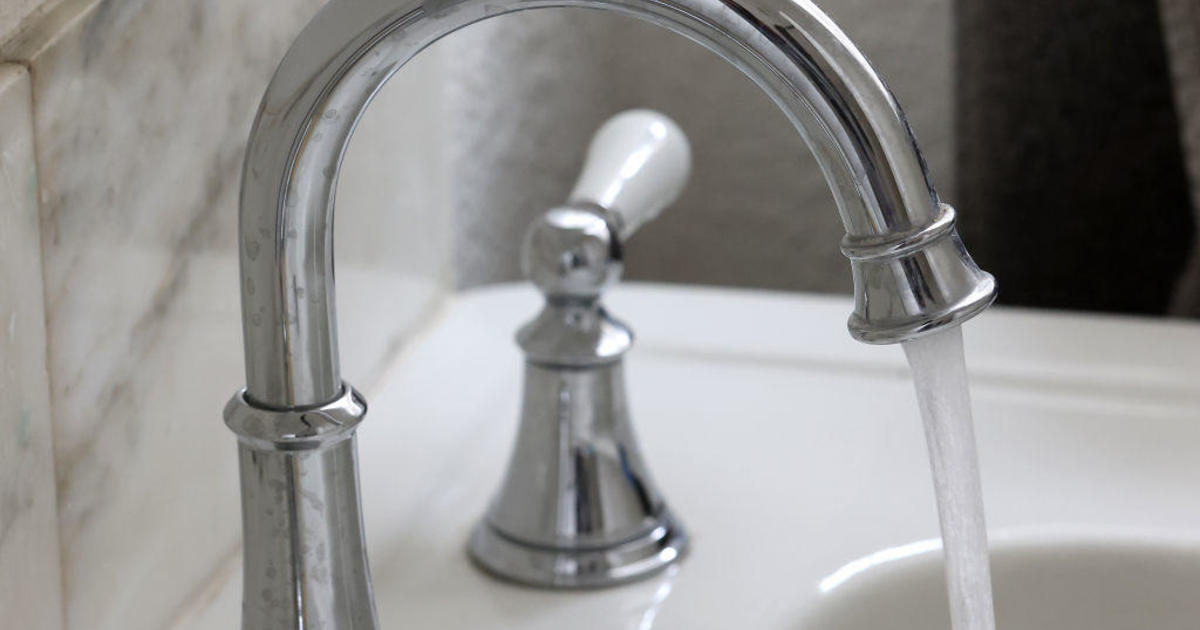Survey: 1 In 4 Adults Would Swim With Diarrhea
Follow CBSMIAMI.COM: Facebook | Twitter
WASHINGTON – You can't spell pool without poo. As we head into the peak swimming season, U.S. health officials are warning that outbreaks of diarrhea caused by swallowing swimming pool water containing parasites have doubled in the past few years. This as a new survey finds 25-percent of adults would swim within one hour of having diarrhea.
The rise in infections, caused by the Cryptosporidium or Crypto parasite, occur when swimmers ingest contaminated pool water. The parasite is notoriously difficult to kill and can survive up to 10 days in chlorinated water.
Crypto caused at least 32 outbreaks in swimming pools or water parks in 2016, compared with 16 in 2014, according to a report published in the U.S. Centers for Disease Control and Prevention's weekly report on death and disease.
The CDC said it was not clear if there are actually more outbreaks, or if states are doing a better job of reporting them since it introduced a new DNA-based tracking tool in 2010.
Crypto is the most common cause of diarrheal illness and outbreaks linked to swimming pools or water playgrounds. In addition to diarrhea, some people experience lack of appetite, nausea, vomiting, weight loss, stomach cramps or pain, and fever. It can make a healthy person sick for up to three weeks.
It makes sense that the CDC would urge people not to swim if they have diarrhea but a new survey by the Water Quality and Health Council found that 1 in 4 adults would swim within one hour of having diarrhea, half of adults seldom or never shower before swimming in a pool, and that 3 in 5 adults admit to swallowing pool water while swimming.
These results are concerning to experts from the CDC, the Water Quality and Health Council, and the National Swimming Pool Foundation due to the concerns over Crypto.
The CDC advises those infected with Crypto to avoid swimming until two weeks after recovering from diarrhea. Parasites can remain in the small intestine for weeks and cause symptoms to reappear days after the infected person recovers.
"Normal chlorine disinfection of swimming pool water does a great job in destroying most germs, but Crypto presents a special challenge," said Dr. Chris Wiant, chair of the Water Quality and Health Council. "An awareness of Crypto helps us remember that a healthy pool depends on swimmers being considerate of one another. Showering before swimming, refraining from peeing in the pool, and not swimming for two weeks after experiencing diarrhea can help keep swimming fun and healthy for everyone from 'water babies' to seniors."



